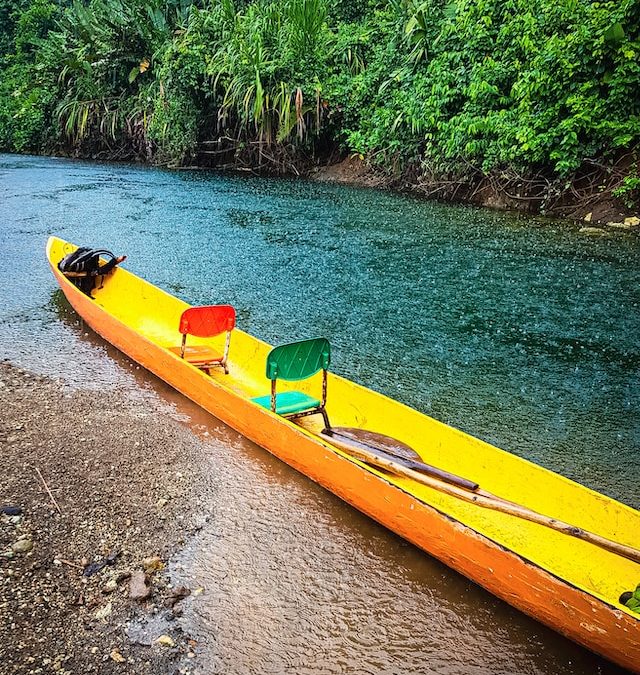By Mongabay
Colombia’s move last week to begin granting new mining concessions across 17.6 million hectares has raised concerns about the potential environmental impacts of a new mining boom across the country.
Colombia’s rich mineral deposits have long been eyed by investors, but civil conflict limited extraction to secure areas until the early to mid 2000s. With the decline in violence in recent years, mining projects in the country have mushroomed, including a surge in unlicensed and unregulated wildcat mines — the National Mining Agency said yesterday that a census for 2010-2011 found that 73 percent of mining operations lack proper title.
But with the influx of miners, there have been rising complaints about environmental damage. Earlier this month environmentalists held demonstrations demanding stronger safeguards in a new mining code that will be submitted to Congress next year. Meanwhile indigenous groups have been reporting conflict with both large mining companies and small-scale miners for years.
The Colombian government asserts that despite opening vast areas for mining, including regions renowned for their high levels of biodiversity, the new mining regulation will limit some of the worst damage seen in recent years by formalizing small-scale miners. It says the new mining code will prohibit mining in protected areas and sensitive ecosystems.
Environmentalists aren’t so sure. According to Catherine Gamba-Trimiño, an independent environmental consultant, mining titles and environmental licenses already granted in protected areas would be allowed to stand, while lower-level protected areas, like civil society nature reserves and municipal parks wouldn’t be off-limits.”Governmental efforts to plan and organize development and extractive activities are applauded,” Gamba-Trimiño told mongabay.com. “However, asking Colombian society to pay the price for the environmental licenses already granted in strategic ecosystems such as paramos, instead of perhaps indemnifying companies and revoking former licenses, is not fair.”
Gamba-Trimiño added that indigenous communities — which control large swathes of Colombia, including areas being targeted for mining — may also lose out under the new rules.
“Companies are obliged to consult only with Indigenous and Afro-Colombians before starting operations in their lands, but the Mining and Energy Minister has been clear at saying ‘they have no veto power.'”
Read more from Mongabay: “Move to regularize mining in Colombia spurs concerns”

